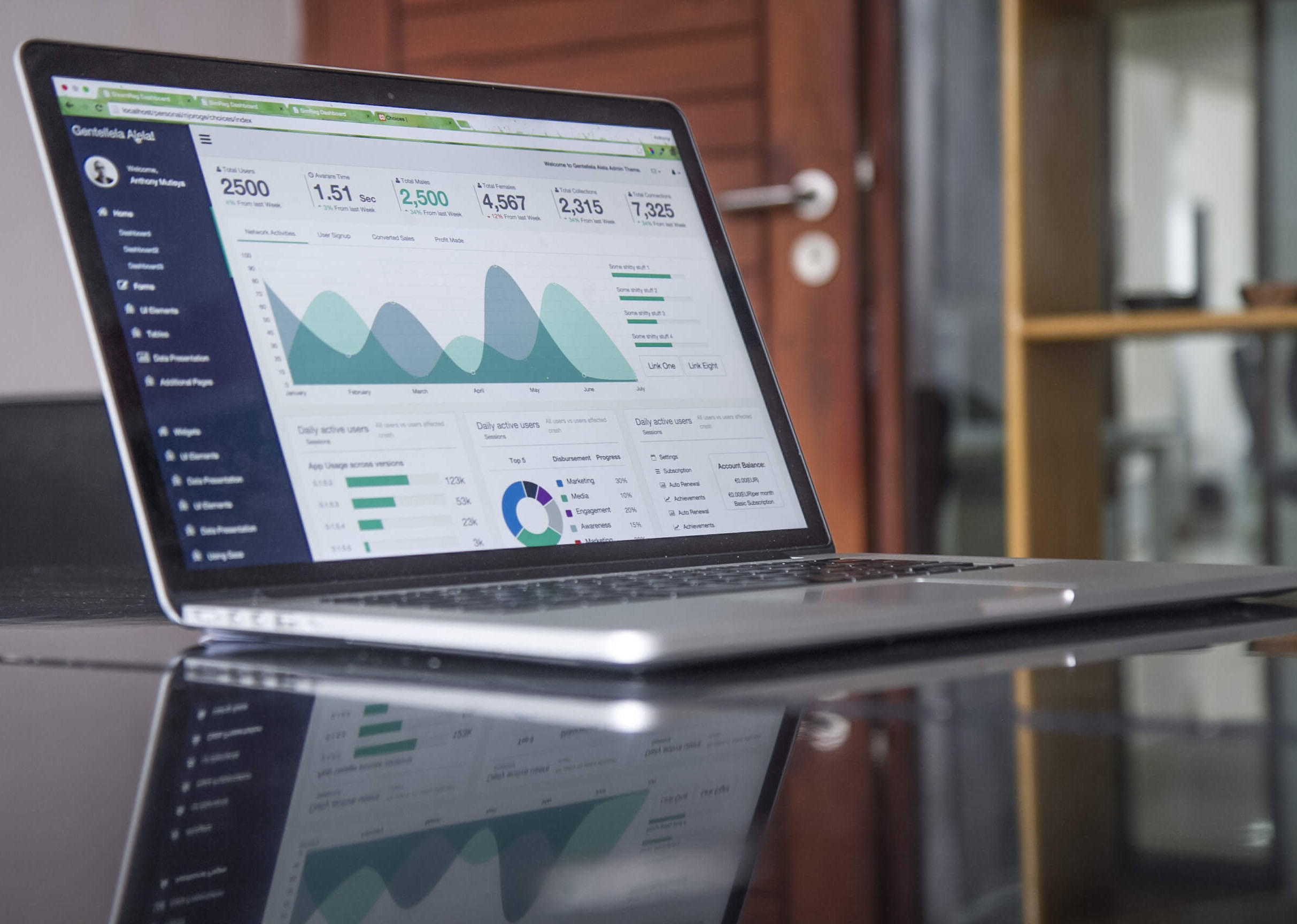The Role Of Artificial Intelligence In Modern Finance

The role of artificial intelligence in modern finance cannot be overstated. Artificial intelligence, commonly known as AI, is the simulation of human intelligence in machines, programmed to think and learn like humans. The advent of AI has revolutionized various industries, and finance is no exception. The past decade has seen an increased integration of AI into financial systems, driving efficiency and accuracy.
Artificial intelligence in finance generally refers to the use of automated algorithms to perform tasks that would traditionally require human intellectual capacity. These tasks can range from simple computations to complex problem solving. The most common uses of AI in finance revolve around process automation, data analysis, and decision-making. Therein lies the core of how AI operates in financial systems. It automates repetitive tasks, analyses vast amounts of data, and aids in making informed decisions based on the processed data.
The impact of AI on financial industries is tremendous. Asset management has been revolutionized considerably by AI's ability to analyze large amounts of financial data and deliver actionable insights. Additionaly, AI is making customer services more responsive and personalized, thereby enhancing client relationships and user engagement. The realm of financial modeling and forecasting has also seen significant improvements due to AI, owing to the machine learning algorithms that can predict economic trends with great accuracy. It's clear, however, that the fear over AI causing job losses is also prevalent. It’s notable that the automation benefits brought by AI could potentially replace some jobs, although this viewpoint is contested by many who believe AI will create more jobs than it displaces.
AI interacts heavily with risk management in finance. It has demonstrated a remarkable capacity for predicting and analyzing risks. AI algorithms can, for instance, identify patterns in data that signal potential investment risks, thus allowing businesses to proactively mitigate financial losses. This way, the accuracy of risk management is significantly improved.
Algorithmic trading, another finance sphere, no doubt benefits from AI. Automated trading involves the use of complex algorithms to execute high-speed, high-volume trades. With the incorporation of AI, these trading strategies can be continually refined and improved based on real-time market conditions. The dynamic role of artificial intelligence in modern finance is therefore evident through its impact on algorithmic trading.
Financial regulations also find substance in the role of artificial intelligence in modern finance. In the intricate world of finance, regulations serve as the guidelines that ensure fairness and prevent fraudulent activities. With AI, compliance with these regulations becomes less cumbersome as it can automate many compliance-related tasks. Interestingly, AI also enables the detection of fraud patterns, helping to cease such activities before they cause harm.
Artificial intelligence plays a transformative role in modern finance. Its capacity for automation, accurate analysis, and decision-making support marks it as a game-changer. With the constant and rapid advancements in AI technology, the future of finance looks set to be one with even more integration of AI. The role of artificial intelligence in modern finance will undoubtedly continue to evolve, creating new opportunities for efficiency and growth. The emerging trends and challenges will necessitate a constant critical analysis of the interaction between AI and finance. The journey of artificial intelligence in modern finance is a fascinating one, and one that we will continue to watch with great interest.
Author: Brett Hurll
Gyrostat Capital Management: Why Risk Management Is Not About Predicting Risk
Why Risk Management is Not About Predicting Risk Financial markets reward confidence, but they punish certai... Read more
Gyrostat January Outlook: Calm At Multiyear Extremes
This monthly Gyrostat Risk-Managed Market Outlook does not attempt to forecast market direction. Its p... Read more
Gyrostat December Outlook: The Market Does The Work
Harnessing Natural Volatility for Consistent Returns Markets have always moved more th... Read more
Gyrostat Capital Management: Why Advisers Must Scenario-Plan Both The Bubble And The Bust
The Blind Spot: Why Advisers Must Scenario-Plan Both The Bubble and The Bust In financial m... Read more
Gyrostat Capital Management: The Hidden Architecture Of Consequences
When Structures Themselves Become A Risk In portfolio construction, risk is rarely where we look for it.... Read more
Gyrostat November Outlook: The Rising Cost Of Doing Nothing
Through the second half of 2025, markets have delivered a curious mix of surface tranquillity and instabi... Read more

